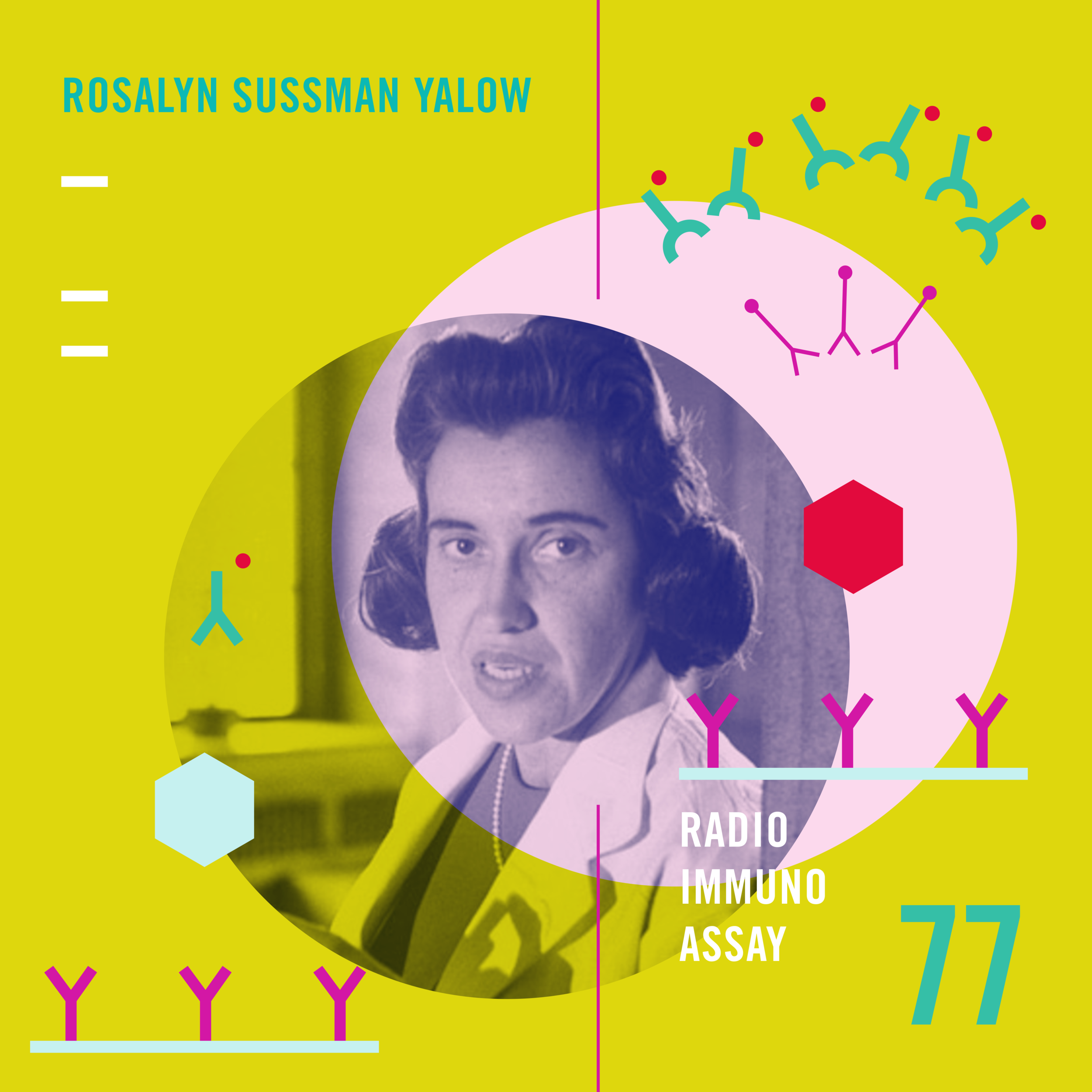
Rosalyn Sussman Yalow
The woman behind the radioimmunoassay

10/40
Rosalyn Sussman Yalow was an American medical physicist and winner of the 1977 Nobel Prize in Physiology or Medicine for the development of the radioimmunoassay (RIA) technique. RIA is a technique used to measure minute quantities of hormones and other antigens in the human body. Rosalyn first used it to study insulin levels in diabetes mellitus but it has been widely used in a number of detection screens, from looking for the presence of drugs to identifying certain disease or allergy markers like peptic ulcers. The process involves "tagging" or labeling known antigens with radioactive isotopes so they can be easily identified. RIA is considered the pioneer in nuclear medicine radioactive measurements because radioactive substances show up with great accuracy and clarity. Though it is still used in labs around the world, labs are shifting towards methods that rely less on radioactivity.
Rosalyn started out as a part-time secretary, not believing that any graduate school would admit and provide financial support to a woman. But soon after picking up some stenography skills on the side she was offered a teaching assistantship at the University of Illinois because the university decided to offer spots to women instead of shut down, since WWII had sent most of the men overseas. She earned her PhD there and was the only woman among the department's 400 members and the first since 1917. For her extraordinary work she was awarded the 1972 William S. Middleton award, the highest honor of the VA Medical Center. She was also the first woman to receive the Albert Lasker Award for Basic Medical Research. .
